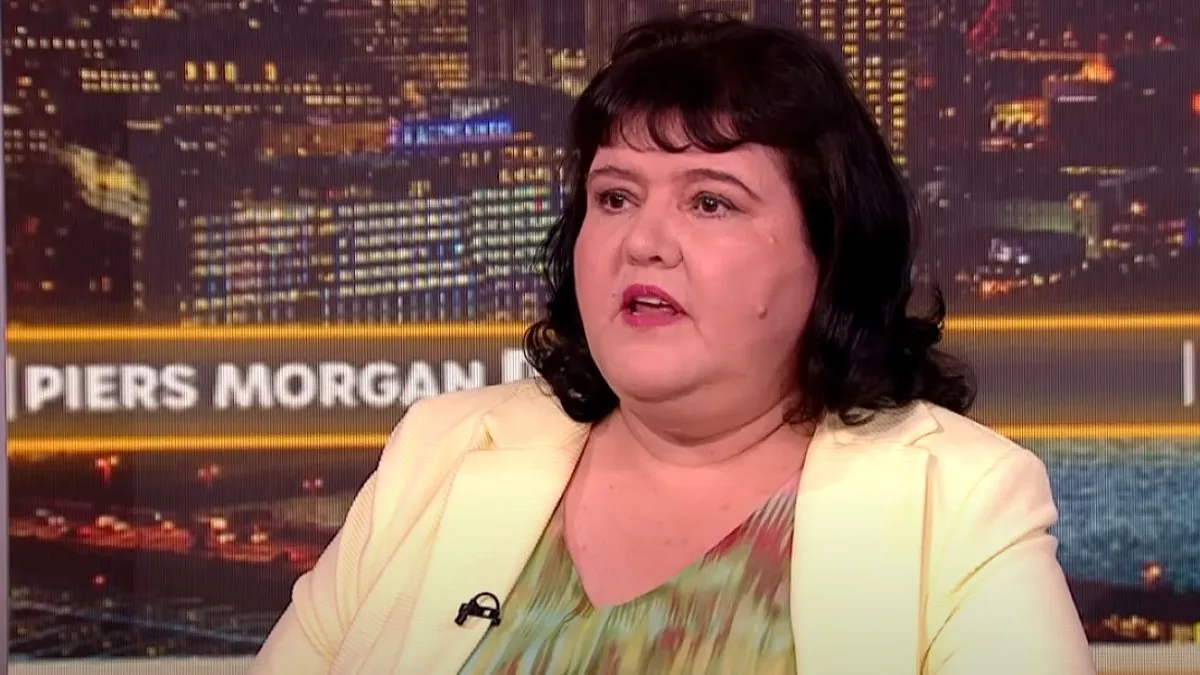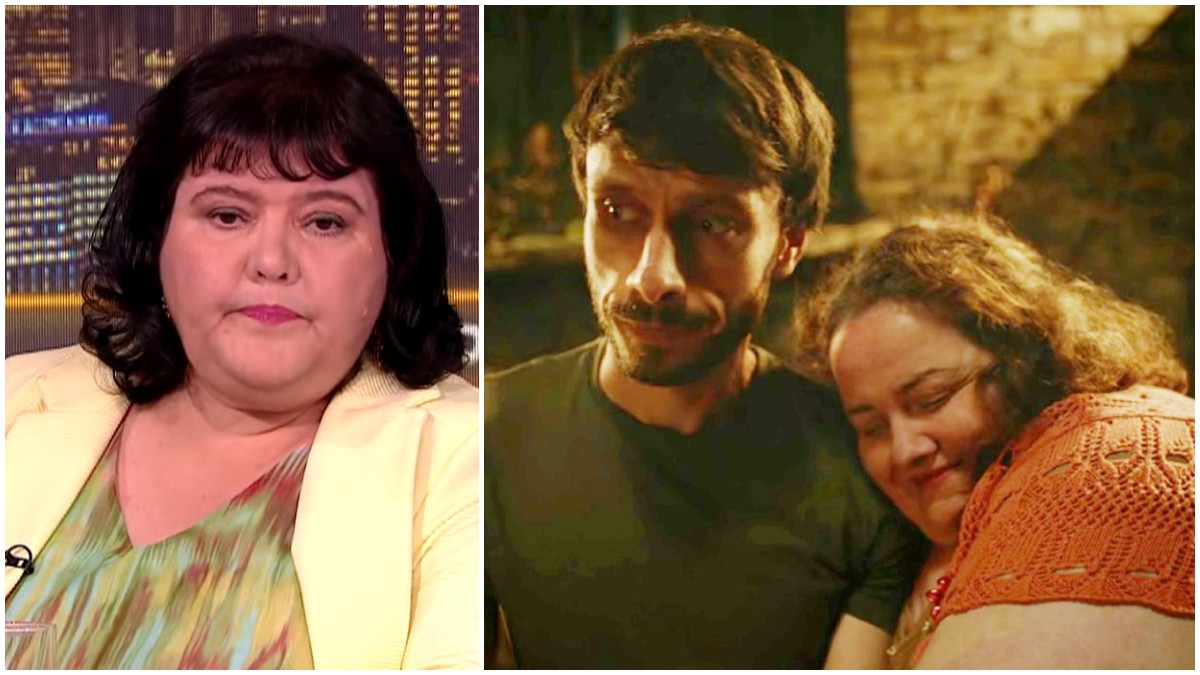At this point, Baby Reindeer isn’t just a TV show, but a global cultural conversation, one that has the potential to change the way streaming television — particularly TV based on real-life figures — is made going forward.
It’s a thorny situation to unpick, but Real-life Martha Fiona Harvey certainly strongly believes her rights have been infringed upon by Netflix creating an antagonistic fictional character very clearly based on her. Although creator Richard Gadd neglected to reveal Martha’s true identity, it says something about how thinly veiled the character was that it took TikTok detectives all of two seconds to work out it was Harvey.
Harvey and her attorney, and the many critics of how Netflix handled this show, certainly feel she has a strong basis on which to sue… But it seems the streamer isn’t taking it all too seriously. At least, that’s the message that rings out by Netflix’s total lack of response to Harvey’s impending lawsuit.
Netflix is ignoring Fiona Harvey, but her defamation case is gaining steam

Chris Daw KC, a U.K. barrister working with Harvey, hit back at Netflix while speaking to Deadline, revealing that Netflix has yet to reach out to his client “in any capacity” either before or since Baby Reindeer, currently the streamer’s biggest show worldwide after amassing 65 million views, released.
In general, Daw believes that this whole situation calls Netflix’s duty of care standards “into serious question” and that the company needs a “major review” of its compliance procedures. On a more specific level, the hinge of Harvey’s case seems to be the fact that Martha is portrayed as being sentenced to prison in the show, while she vehemently maintains that she never went to jail.
Daw stressed to Deadline that he has yet to see any evidence that Harvey was convicted of stalking and harassment, like her on-screen alter ego, which he believes creates a big problem when Netflix labeled Baby Reindeer as a “true story.”
“Portraying someone as a convicted criminal who has done time in prison, when that is not true, is a pretty clearcut case of defamation, as it is bound to cause serious harm to that person’s reputation,” Daw stated.
Like many parts of the series, we’re still not entirely clear on if Harvey did actually send Gadd 4000 emails or not, but apparently Netflix hasn’t even sent her one. So it certainly sounds like Netflix isn’t too fazed about her legal threats, which makes sense for one of these “David vs. Goliath” kind of lawsuits. And yet Harvey’s case is shining a light on problems in Netflix’s protective practices that could really come back to bite the company on the behind.
Maybe next time Harvey sends Netflix a message from her iPhone, someone should respond.

